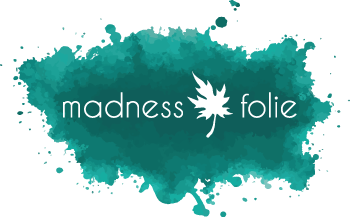Component Evaluation: Perspective Taking
Component Evaluation: Perspective Taking Timing: 30 Minutes Mode: In-class; Online Making specific references to events described in the components used in this unit, students take the perspective of a 1981 Greenacres worker, resident or a family member and write a 250-word letter to the Chairman of Metro Toronto (the 1981 equal of today’s mayor) saying …


 Français
Français